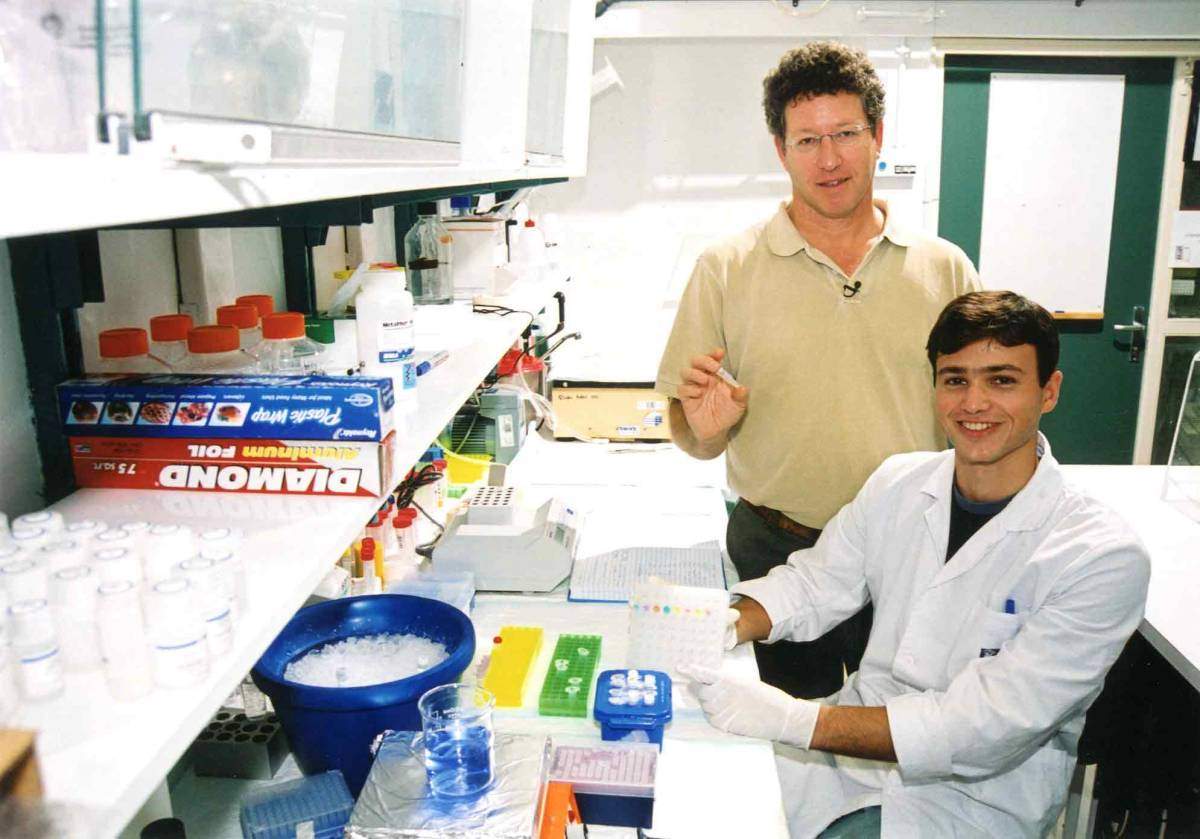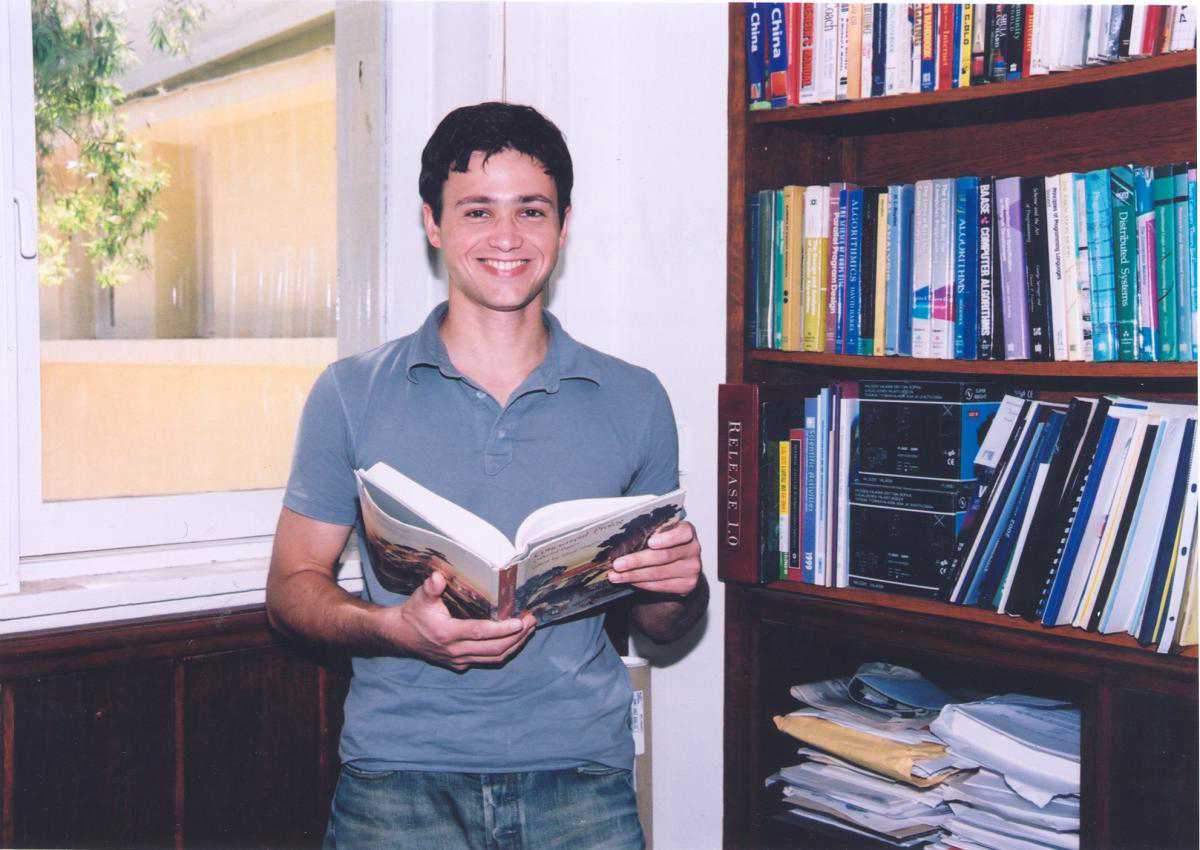Are you a journalist? Please sign up here for our press releases
Subscribe to our monthly newsletter:

The Weizmann Institute of Science today announced that Yaakov Benenson, doctoral student under Prof. Ehud Shapiro of the Departments of Computer Science and Applied Mathematics and of Biological Chemistry, The Weizmann Institute of Science, has been named to the 2004 list of the world’s 100 Top Young Innovators by Technology Review, MIT’s Magazine of Innovation. The TR 100, chosen by the editors of Technology Review and an elite panel of judges, consists of 100 individuals under age 35 whose innovative work in technology has a profound impact on today’s world and will shape the future of the way we live and work. This year’s nominees are recognized for their contributions in transforming the nature of technology and business in industries such as biotechnology and medicine, computing, and nanotechnology. Benenson was selected from nearly 650 candidates worldwide to be among the 100 Top Young Innovators.
Inspired by Prof. Shapiro’s vision of a “doctor in a cell”, Benenson joined the Weizmann Institute of Science in 1999 at age 24 and began to tackle the challenges of DNA-driven computing solutions for disease diagnosis and treatment. Benenson co-invented the world's smallest biological computing device - a bio-molecular finite-state automaton made from DNA strands and DNA-manipulating enzymes. The automaton was listed in the 2004 Guinness Book of World Records as the smallest biological computing device - it is about a trillionth the size of a drop of water. Recently, this device was enhanced to detect and diagnose molecular symptoms of cancer in vitro and, in response, to release a drug to treat the cancer. Benenson’s breakthrough in this area of research exceeded earlier progress predictions by Shapiro and others. His efforts in the development of cutting-edge biotechnologies such as this “smart drug" have put him among the world’s 100 Top Young Innovators.
Shapiro states that Benenson “was a key innovator and leading experimentalist in the biological computer team, and it is very gratifying to have his contributions acknowledged by MIT’s Technology Review editors and the distinguished panel of judges for the 100 Top Young Innovators of 2004 award.”
“Nature invented intricate molecular tools to detect and repair malfunctions in cells and organisms. Ultimately, our research may lead to the use of biomolecular computers to supplement and enhance existing natural defenses,” says Benenson.
Benenson received the Wolf Foundation Prize for Excellence in Graduate Studies in 1998, and is currently on the Dean’s List of the Feinberg Graduate School at the Weizmann Institute of Science for his achievements in PhD studies and research.
Benenson and his innovative peers will be honored September 29 - 30 at Technology Review’s 2004 Emerging Technologies Conference at MIT. Benenson is also a candidate for “TR100 Innovator of the Year” and the “TR100 Humanitarian Award” which will be announced at the conference. The 2nd Annual conference is expected to draw 1,000 participants representing business, technology and science from over 40 countries.

Further information can be obtained online at: www.weizmann.ac.il/kobi/tr100 <http://www.weizmann.ac.il/kobi/tr100> or by contacting the Weizmann Institute Publications and Media Relations Department at ++972-8-934-3856.
Prof. Ehud Shapiro’s research is supported by the M.D. Moross Institute for Cancer Research, the Samuel R. Dweck Foundation, the Dolfi and Lola Ebner Center for Biomedical Research, the Benjamin and Seema Pulier Charitable Foundation, and the Robert Rees Fund for Applied Research.